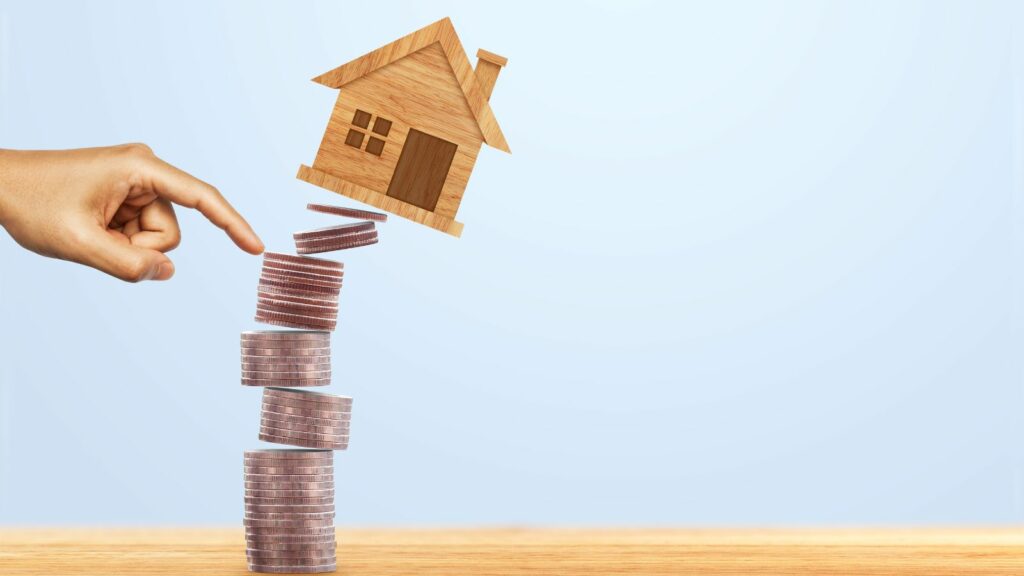Your home, often seen as a sanctuary, may secretly be draining your finances in surprising ways. From hidden energy costs to maintenance oversights, the expenses associated with homeownership can quickly add up. Many homeowners overlook factors contributing to financial strain, such as inefficient appliances, poor insulation, and unnecessary renovations. In this article, we will explore 20 shocking ways your home might impact your wallet, helping you identify areas for improvement and potential savings.
Energy Vampires
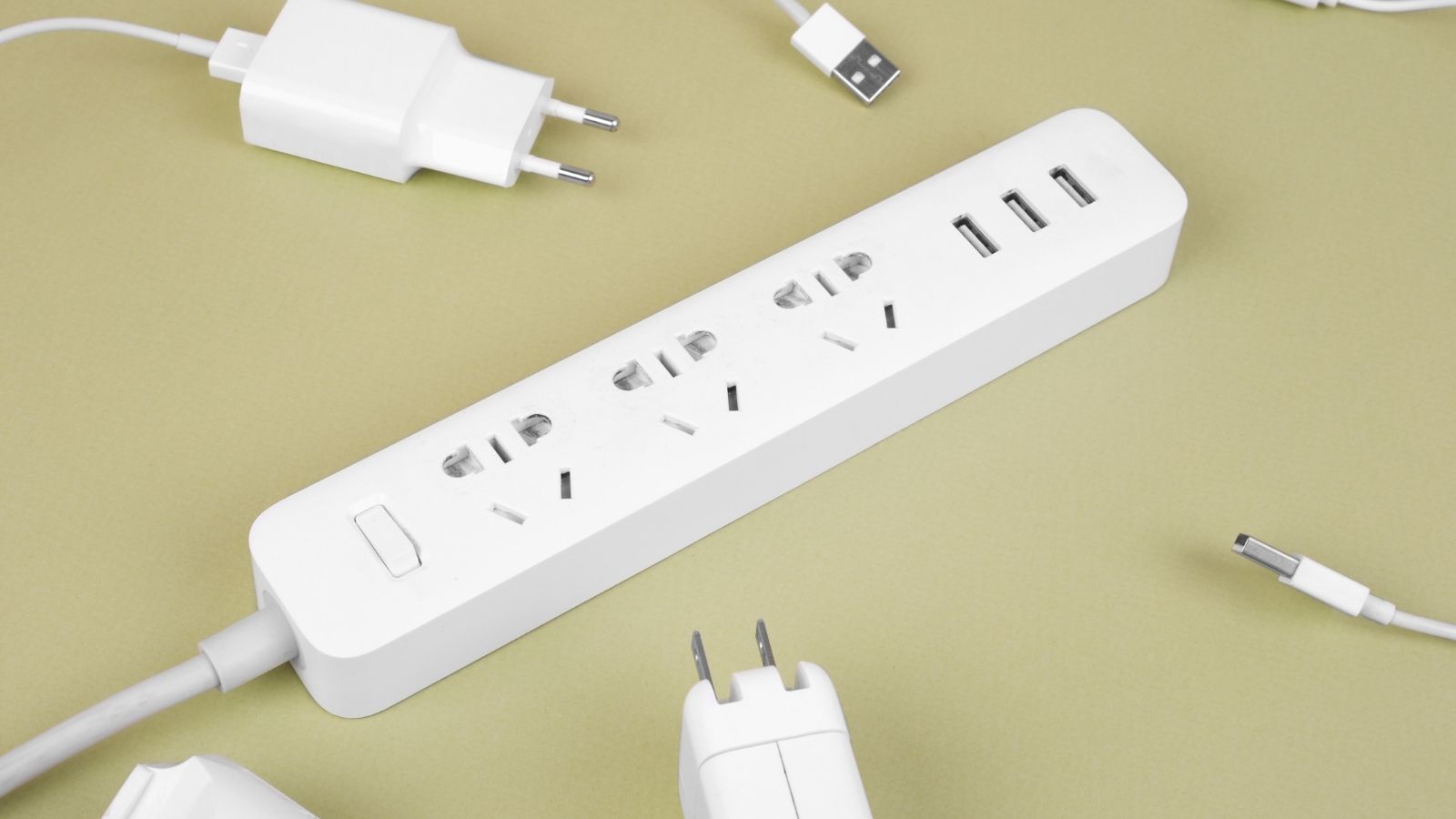
Many appliances, such as TVs, computers, and even phone chargers, silently consume electricity when plugged in. While the cost per device may seem minimal, these charges can accumulate significantly over a month or year. To reduce this waste, consider using power strips or simply unplugging these devices when not in use.
Leaky Faucets
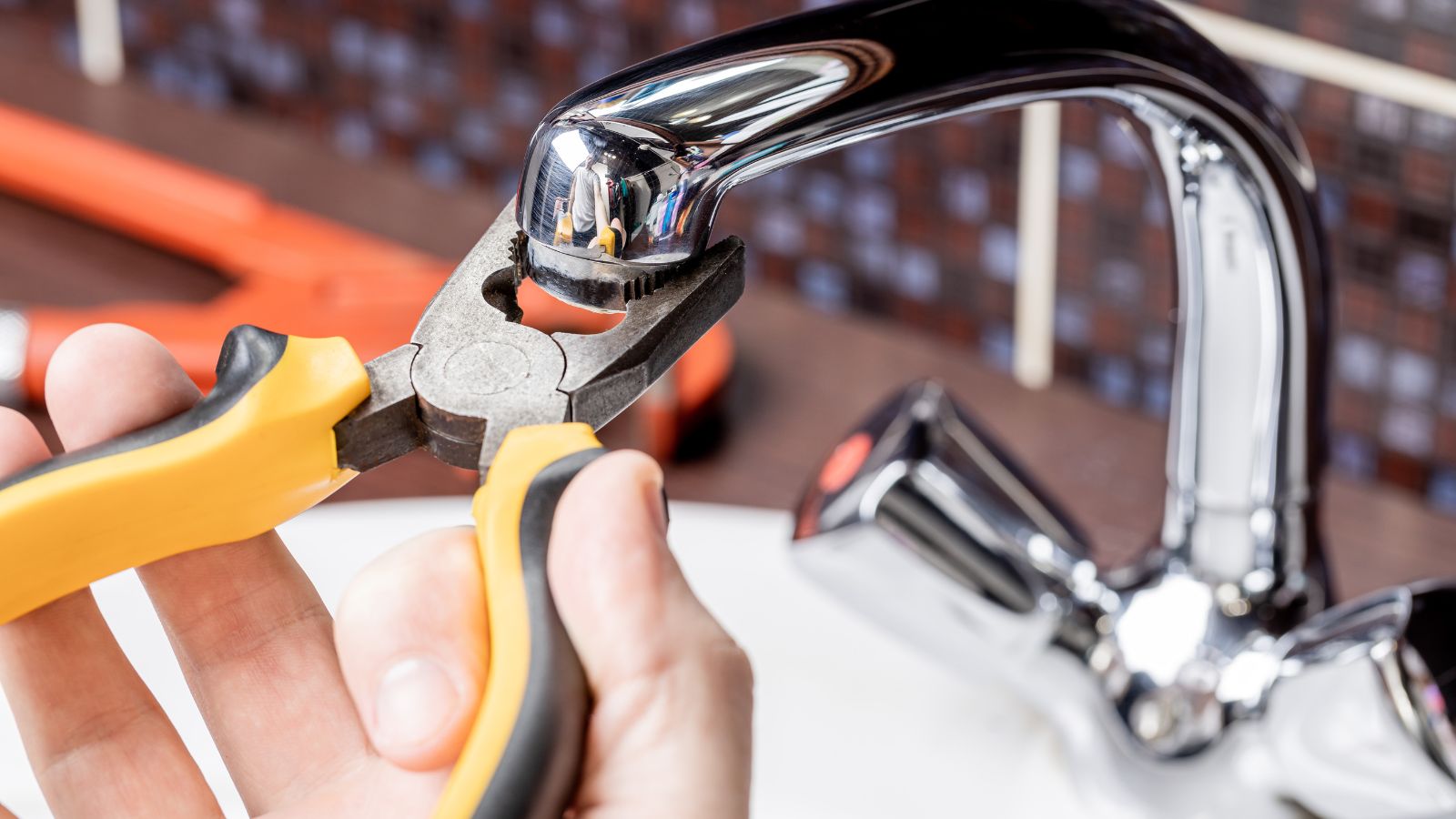
Leaky faucets are annoying and can inflate your water bill by wasting gallons of water over time. So, as minor an inconvenience as they might seem, promptly fix the leaks in your pocket and conserve water.
Poor Insulation
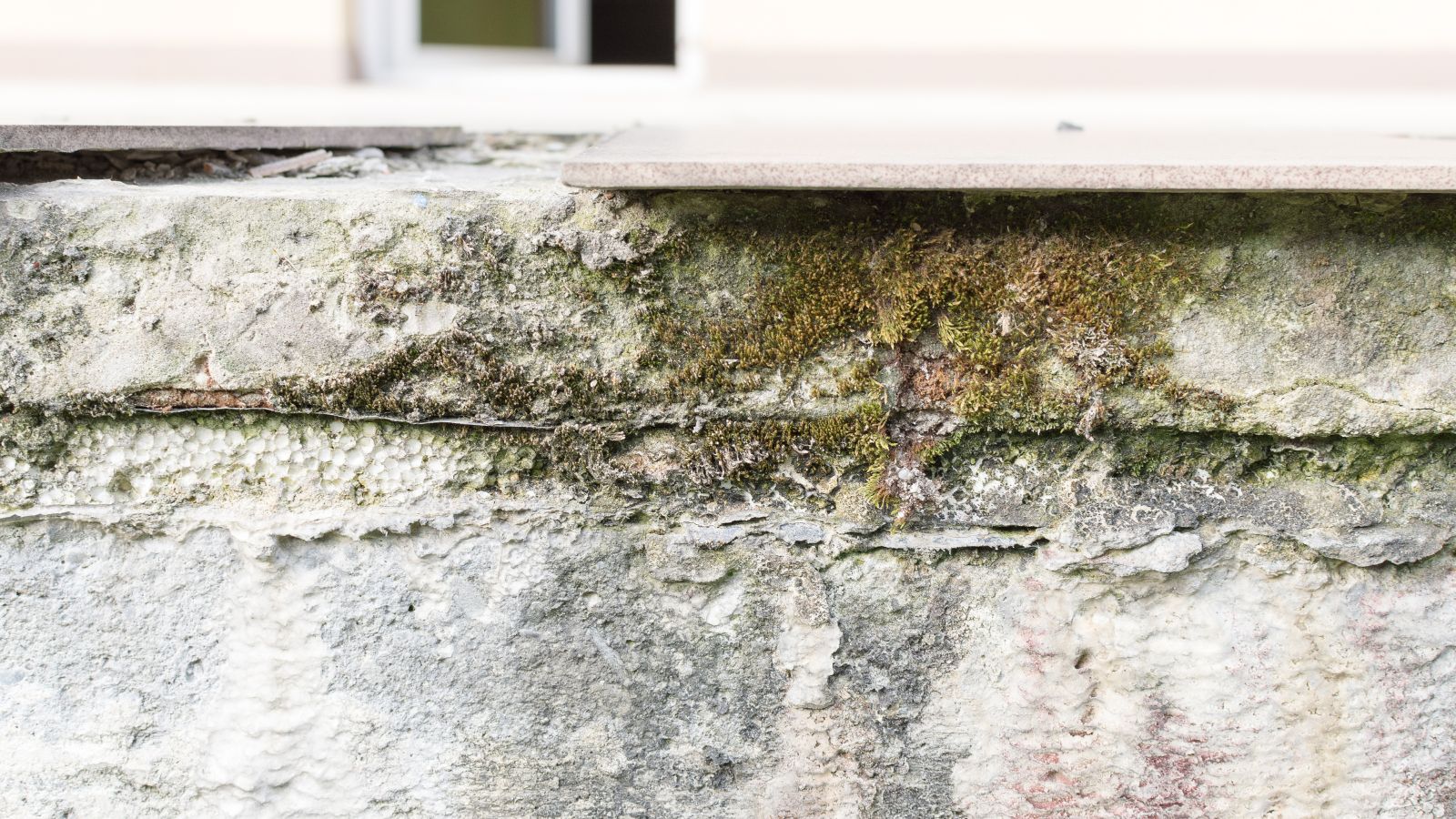
Proper insulation is vital to reduce excessive spending on energy bills. As the law of nature dictates, heat escapes in the winter, but the houses become heated during summer. If the house’s walls, attics, and windows have poor insulation, they can cause the HVAC system to work overtime, leading to higher bills.
Outdated Appliances
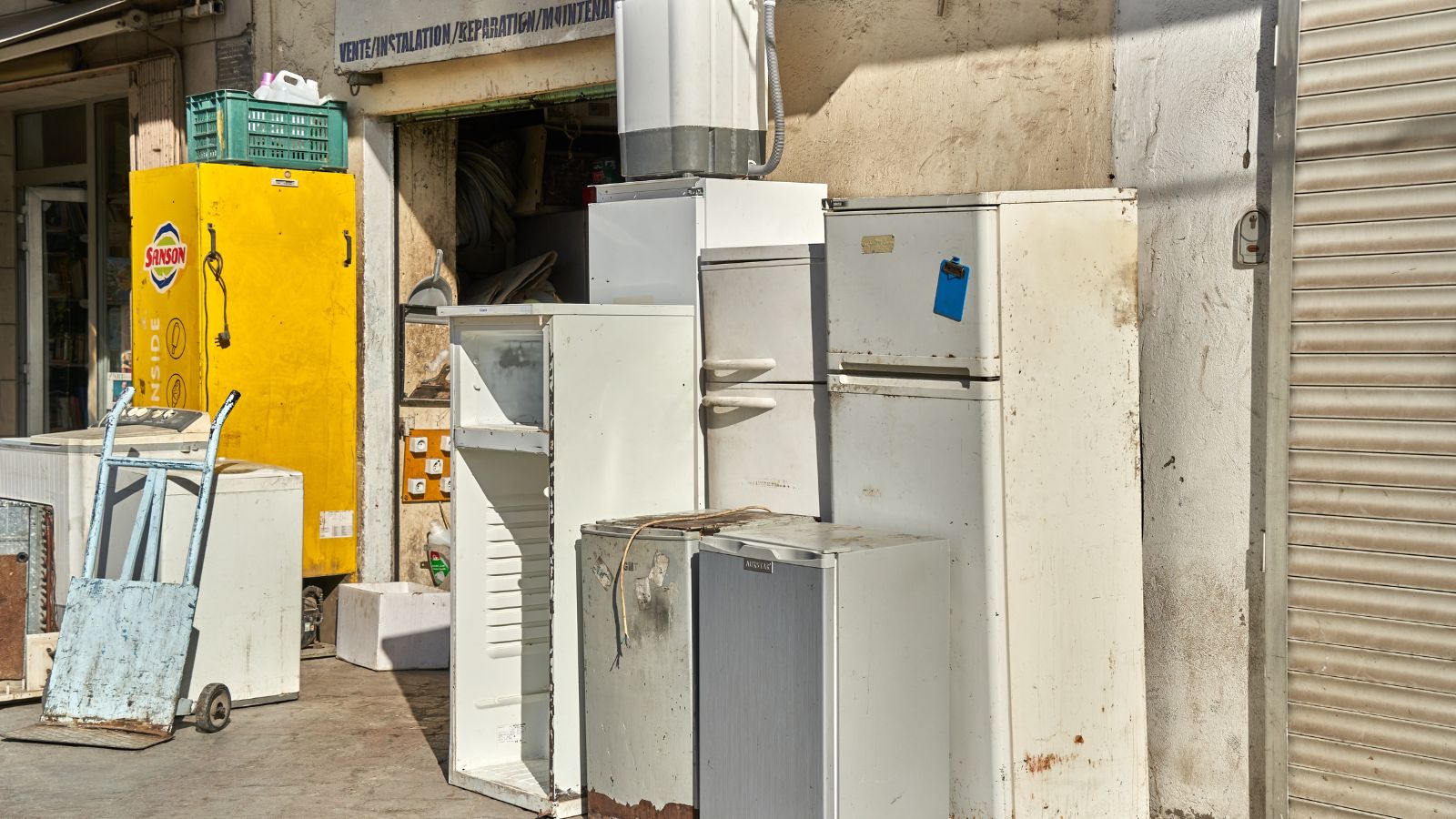
Outdated appliances consume significantly more energy than their modern counterparts, leading to higher utility bills. As technology advances, older appliances become less efficient, which can contribute to financial strain over time. Upgrading to energy-efficient appliances may require an initial investment but can save you money on your monthly utility expenses.
Ignoring Roof Damage
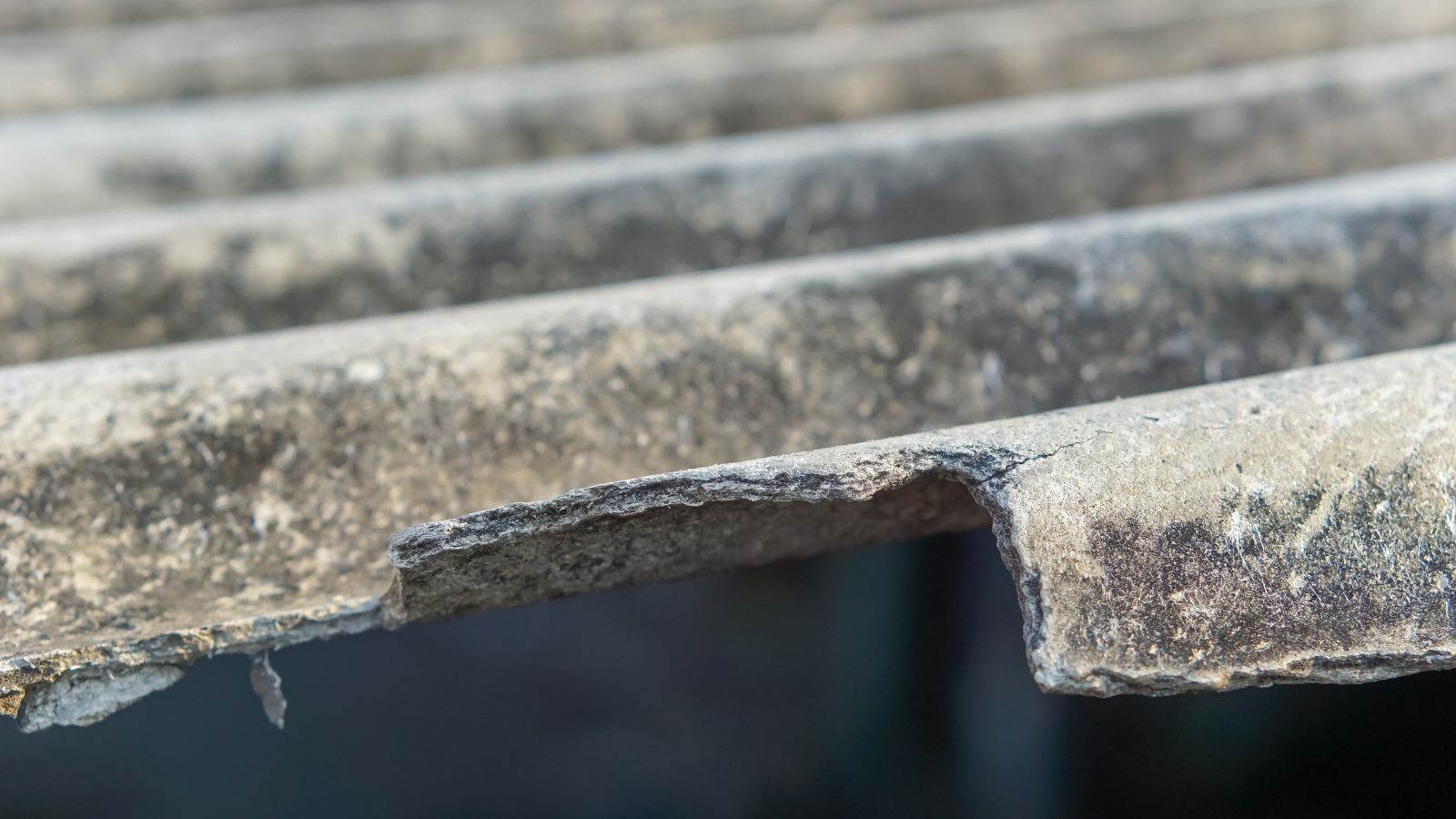
As time progresses, houses can get damaged, especially the roof, as it bears the brunt. A small leak or a damaged shingle is common but can lead to structural damage, mold growth, and skyrocketing repair costs if not dealt with promptly.
Unsealed Windows and Doors
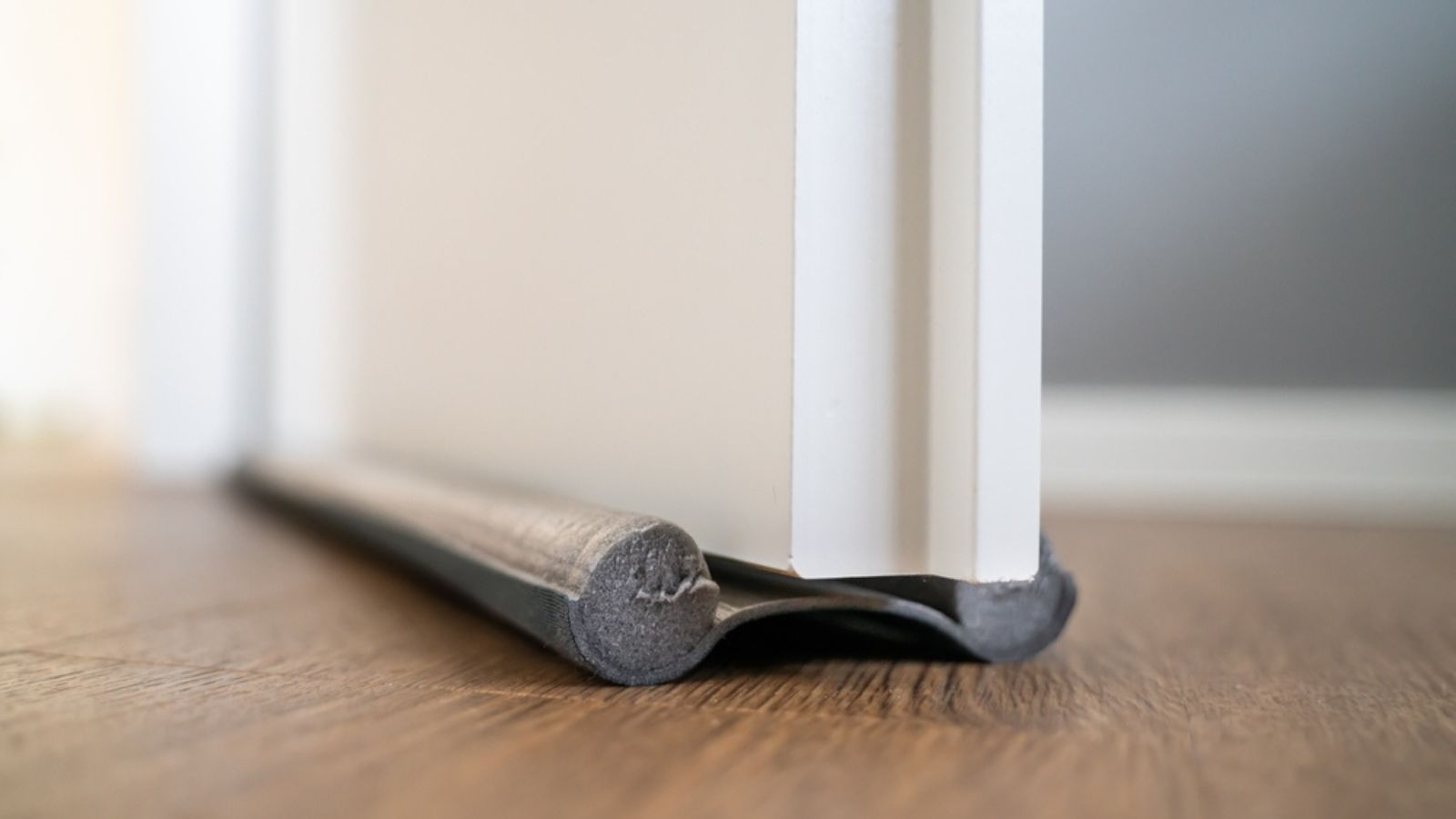
Proper insulation of windows and doors is necessary to keep the air warm during winter and cold during summer. Otherwise, the HVAC system has to work harder, thus consuming more energy and jacking up the bills. So, consider weatherstripping or replacing old windows.
Excessive Watering
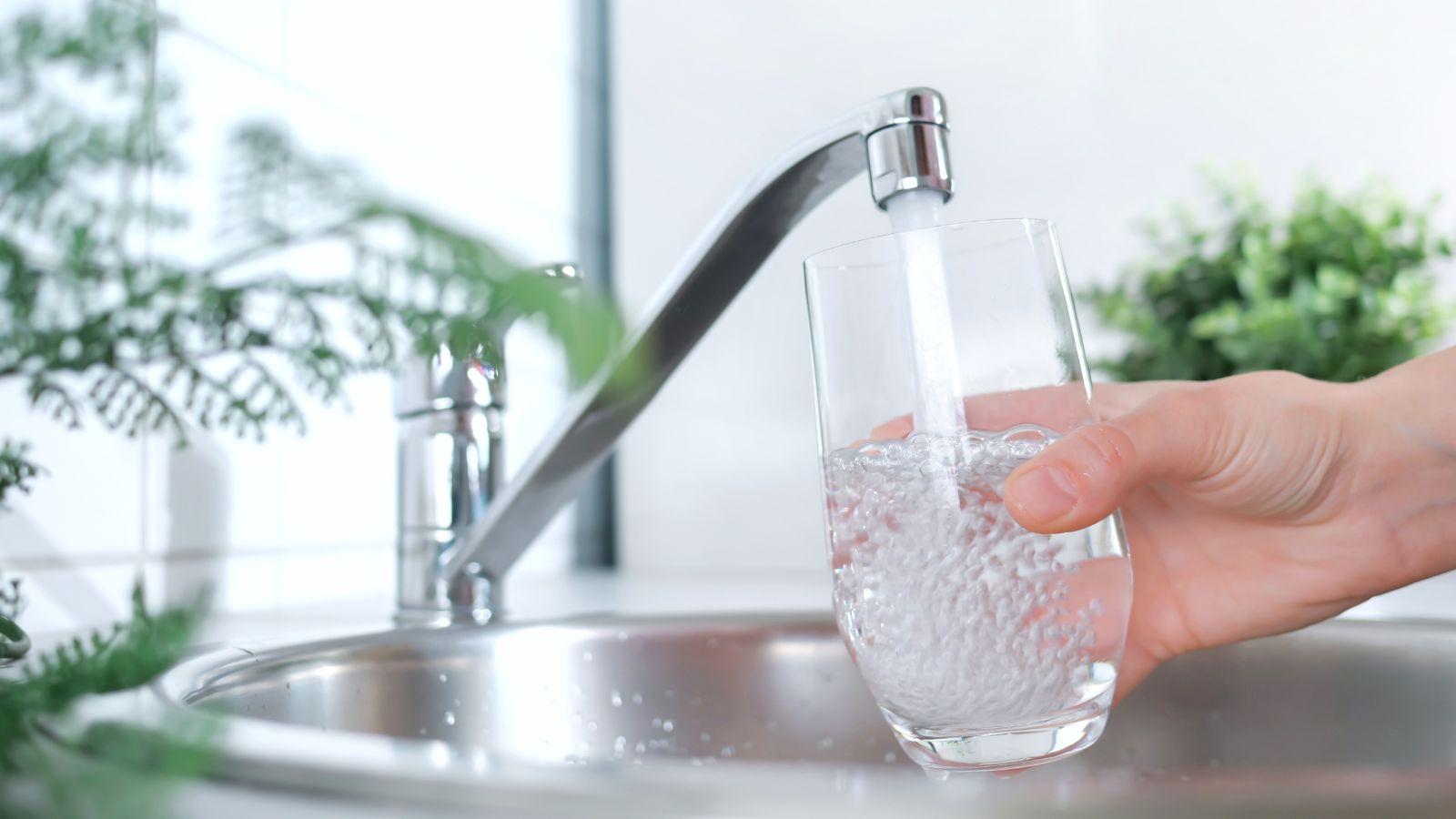
The excess of everything, including overwatering your lawn or garden, is bad as it inflates your water bills and damages plants and landscaping. Therefore, invest in a smart irrigation system that’ll save you both water and money by automatically adjusting to weather conditions.
High-Interest Mortgage
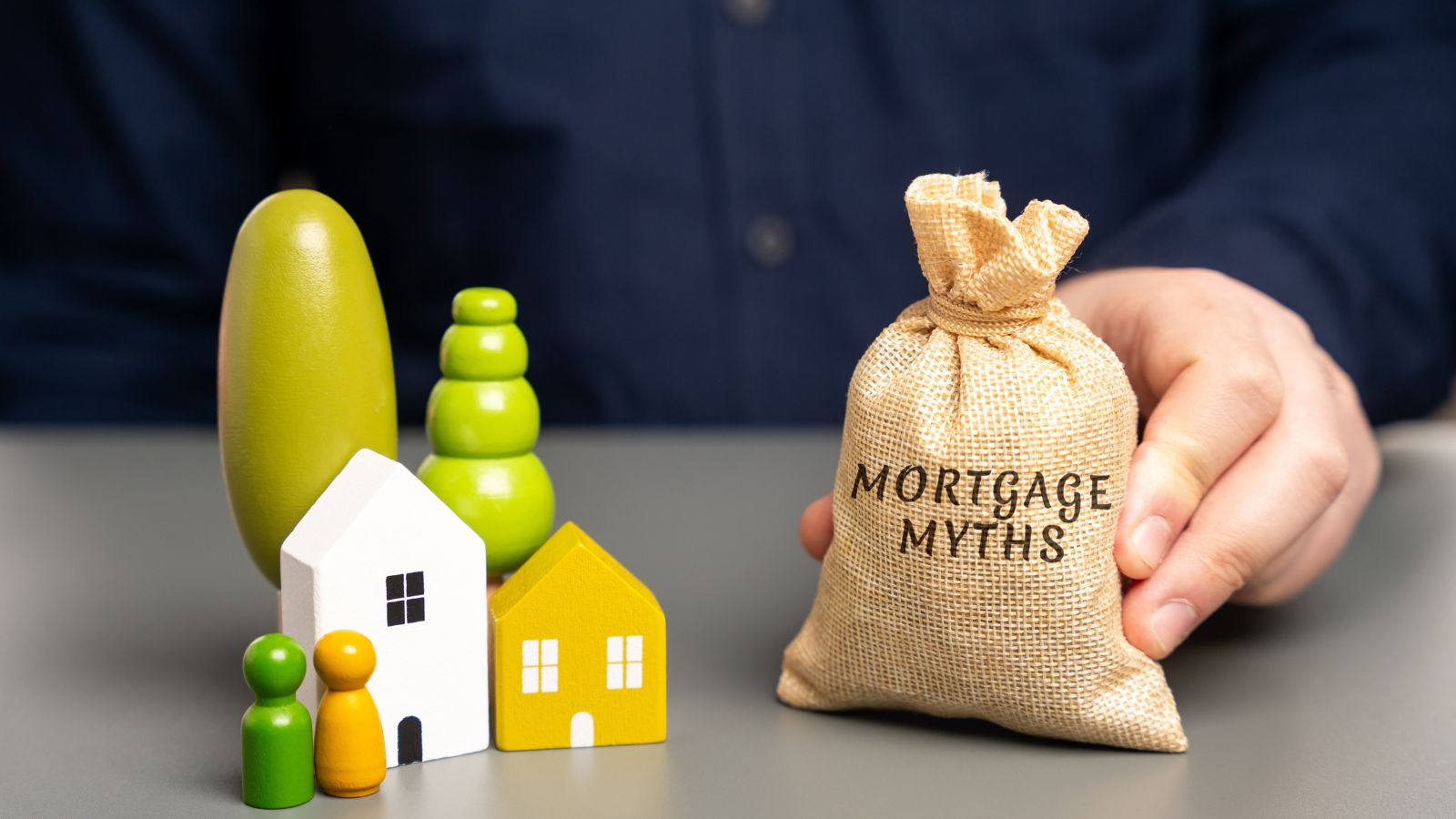
Mortgage is already crippling, but if you’re paying more of it when you don’t have to, it can drain your finances quicker. Therefore, refinance your mortgage at a lower interest rate to increase your monthly savings.
Unused Rooms
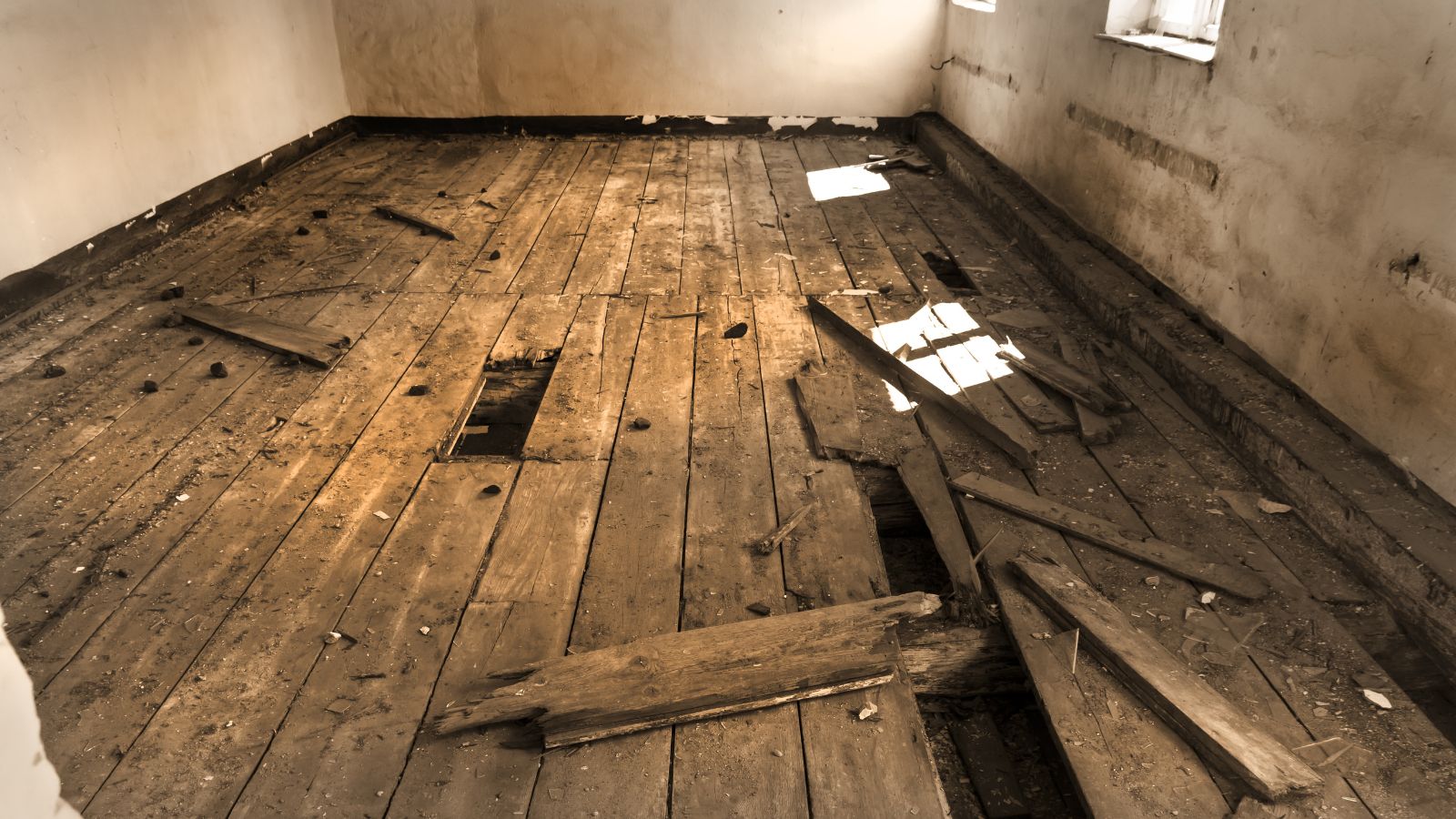
Owning and maintaining a larger home can be costly, especially when it comes to heating, cooling, and maintaining unused rooms. You’re likely wasting resources if you spend money to keep these spaces comfortable. To cut down on unnecessary expenses, consider closing vents in unused areas or downsizing to a home that better fits your needs.
Clogged Air Filters
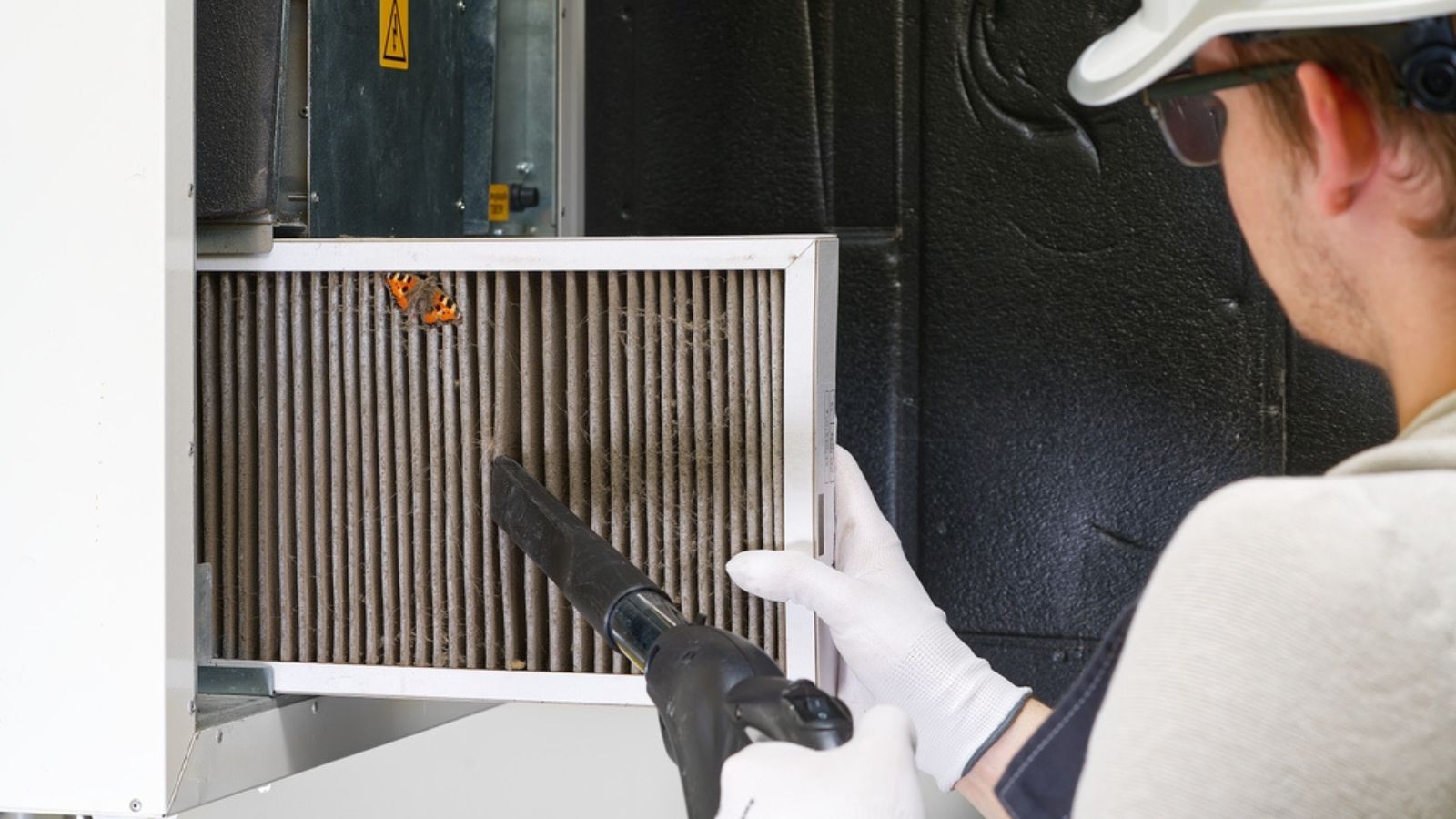
Dirty, clogged air filters force your HVAC system to exert more, thus increasing energy consumption and reducing the lifespan of the equipment. Therefore, the filters should be replaced every few months for better air quality and lower utility bills.
Landscaping Expenses

Maintaining beautiful lawns and gardens is quite costly. The need for frequent watering, fertilizing, and pest control rack up the bills. Therefore, to keep costs down, low-maintenance landscaping should be considered, like native plants that require less water and care.
Paying for Premium Cable Channels
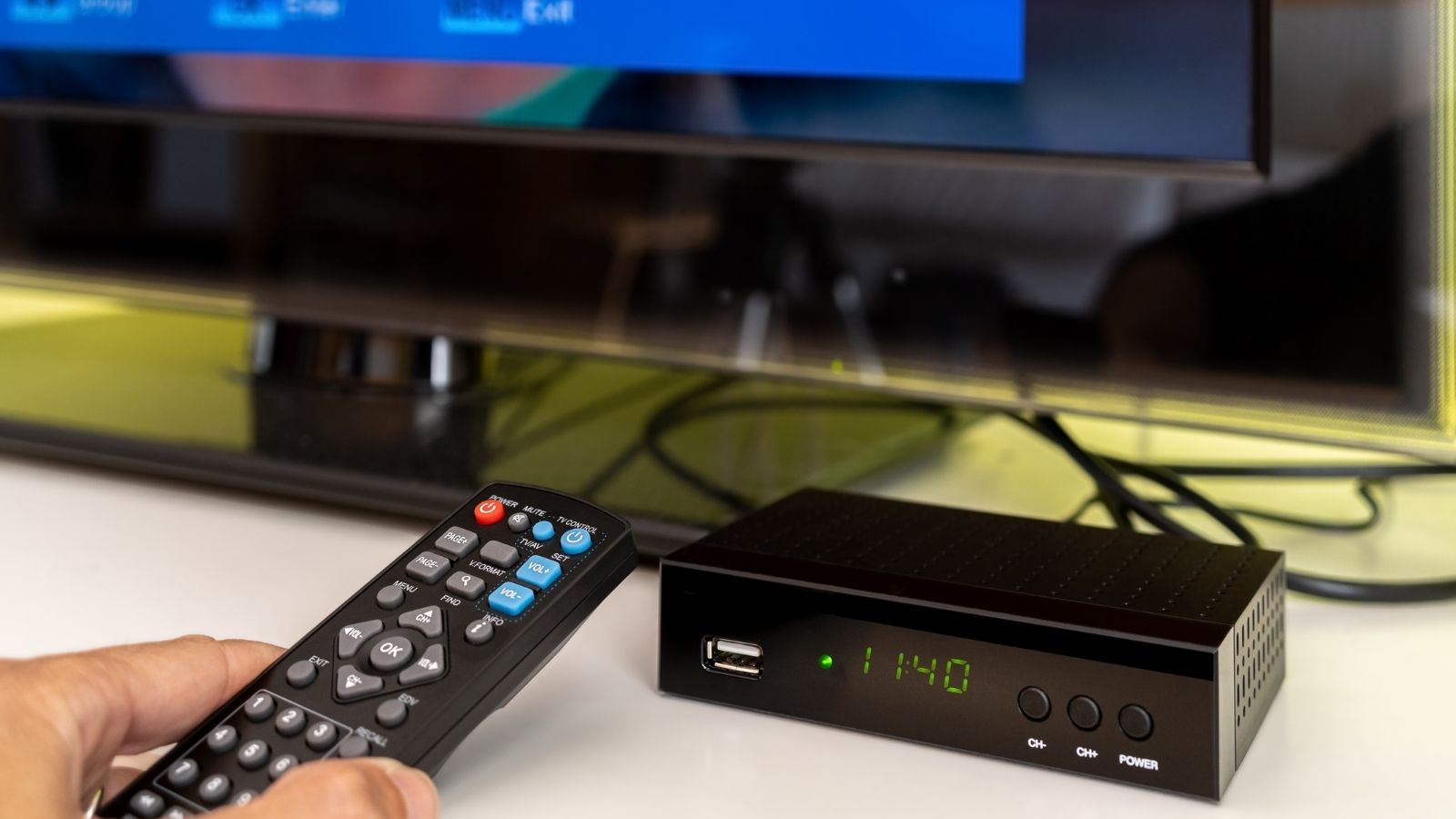
TVs have become outdated, and many homeowners pay for cable packages with channels they no longer watch. Netflix, Amazon, and other streaming platforms offer economical plans. Therefore, switch to streaming services or opt for a more basic cable plan to save hundreds annually.
Inefficient Lighting
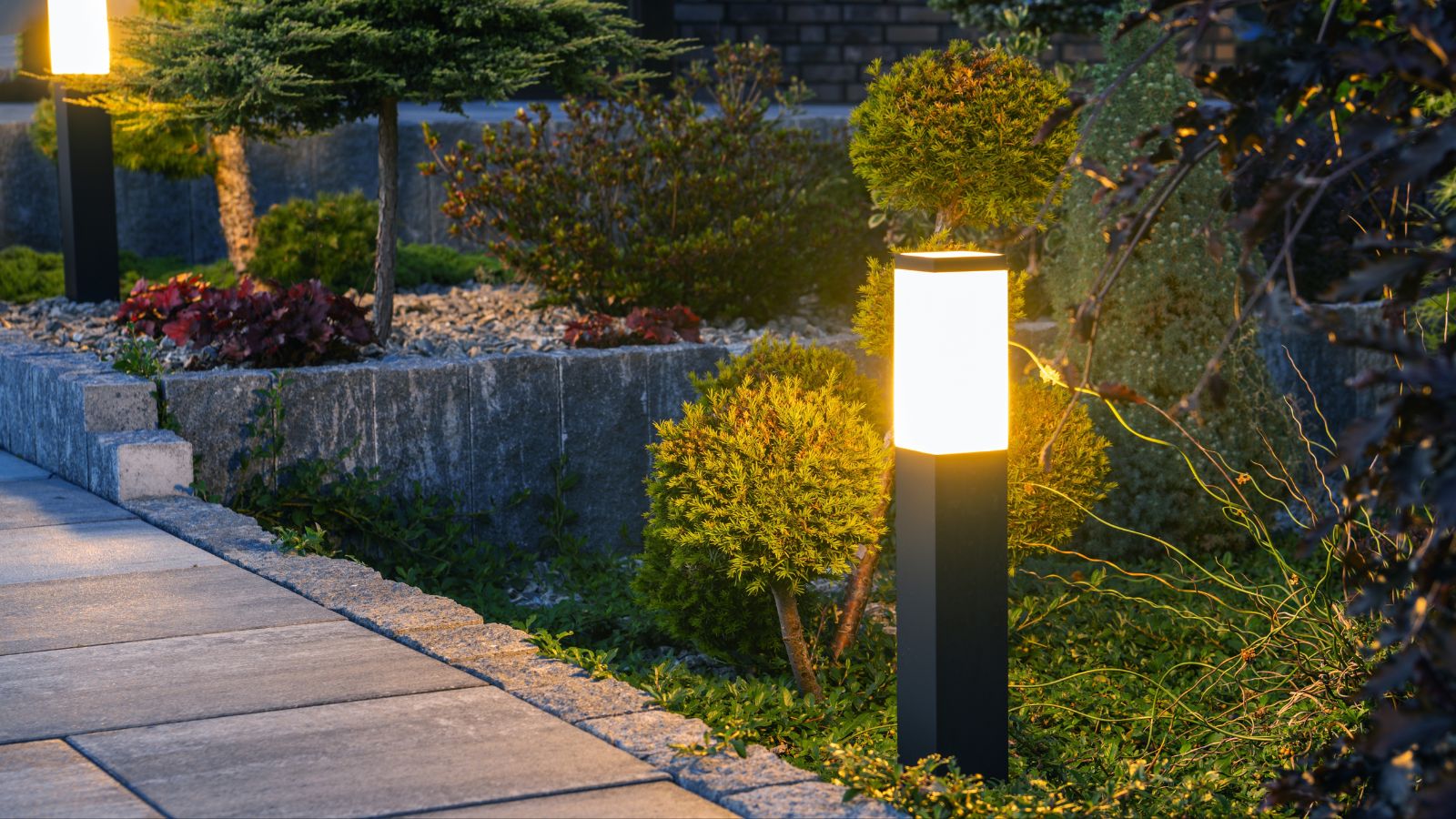
The world has already shifted to modern LED lights, but you’re wasting money if you’re still using those old incandescent bulbs. Not only do these bulbs use more energy, but they also have a shorter lifespan. Switching to LED lighting can significantly reduce your electricity bill while benefiting from longer-lasting bulbs.
Ignoring Regular Maintenance
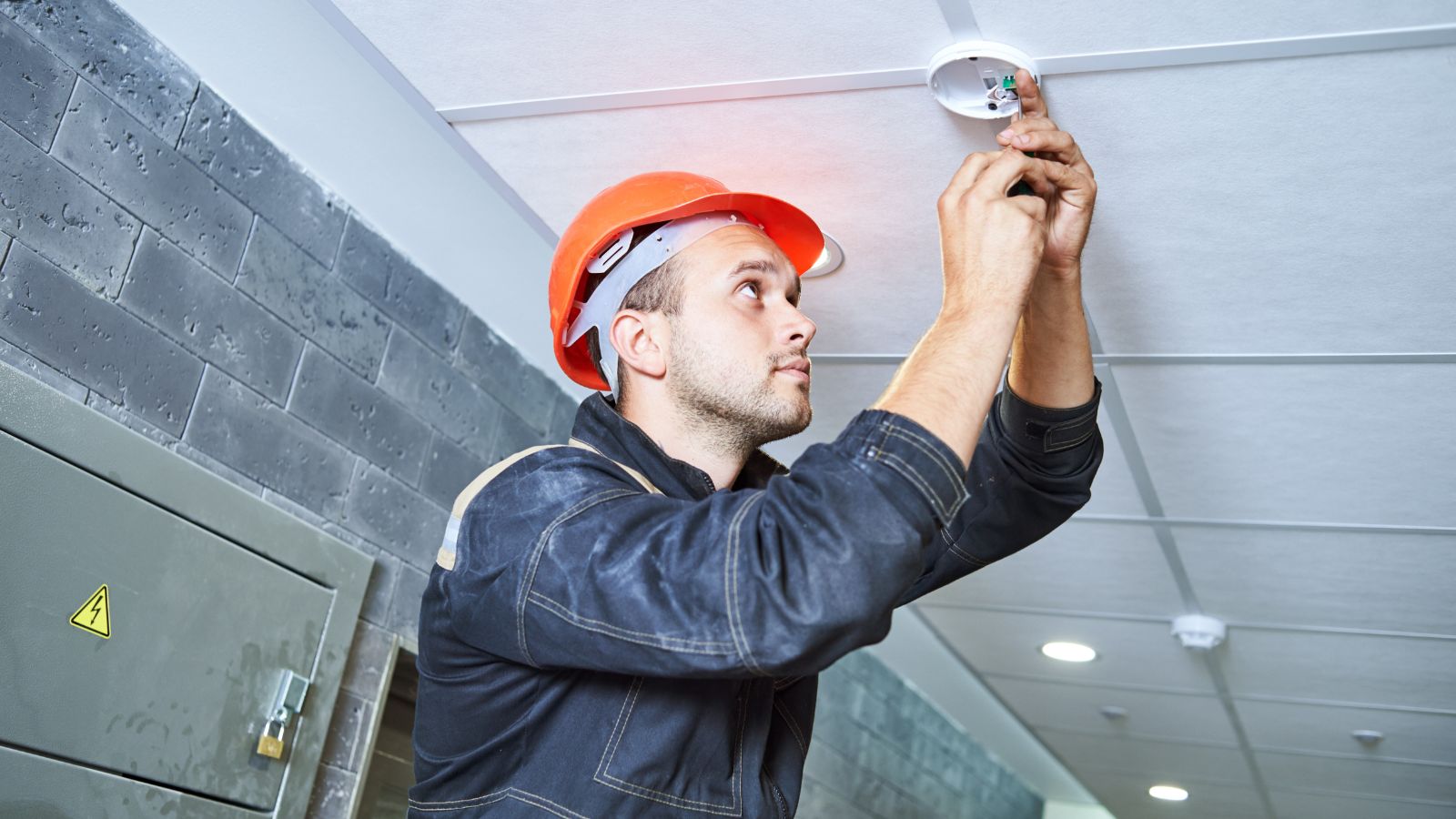
The maintenance work piles up if you’re not regularly cleaning gutters, inspecting HVAC systems, or checking plumbing and other home systems. This can lead to costly repairs down the road, which can significantly drain your finances. Therefore, scheduling regular checkups can save you from future troubles.
Unused Subscriptions and Services

Many homeowners overlook the financial drain caused by unused subscriptions and services. Whether streaming platforms, gym memberships, or magazine subscriptions, these recurring fees can add up quickly, impacting your budget. If you’re not actively using a service, consider canceling it to free up funds for more essential expenses.
Expensive Home Warranties
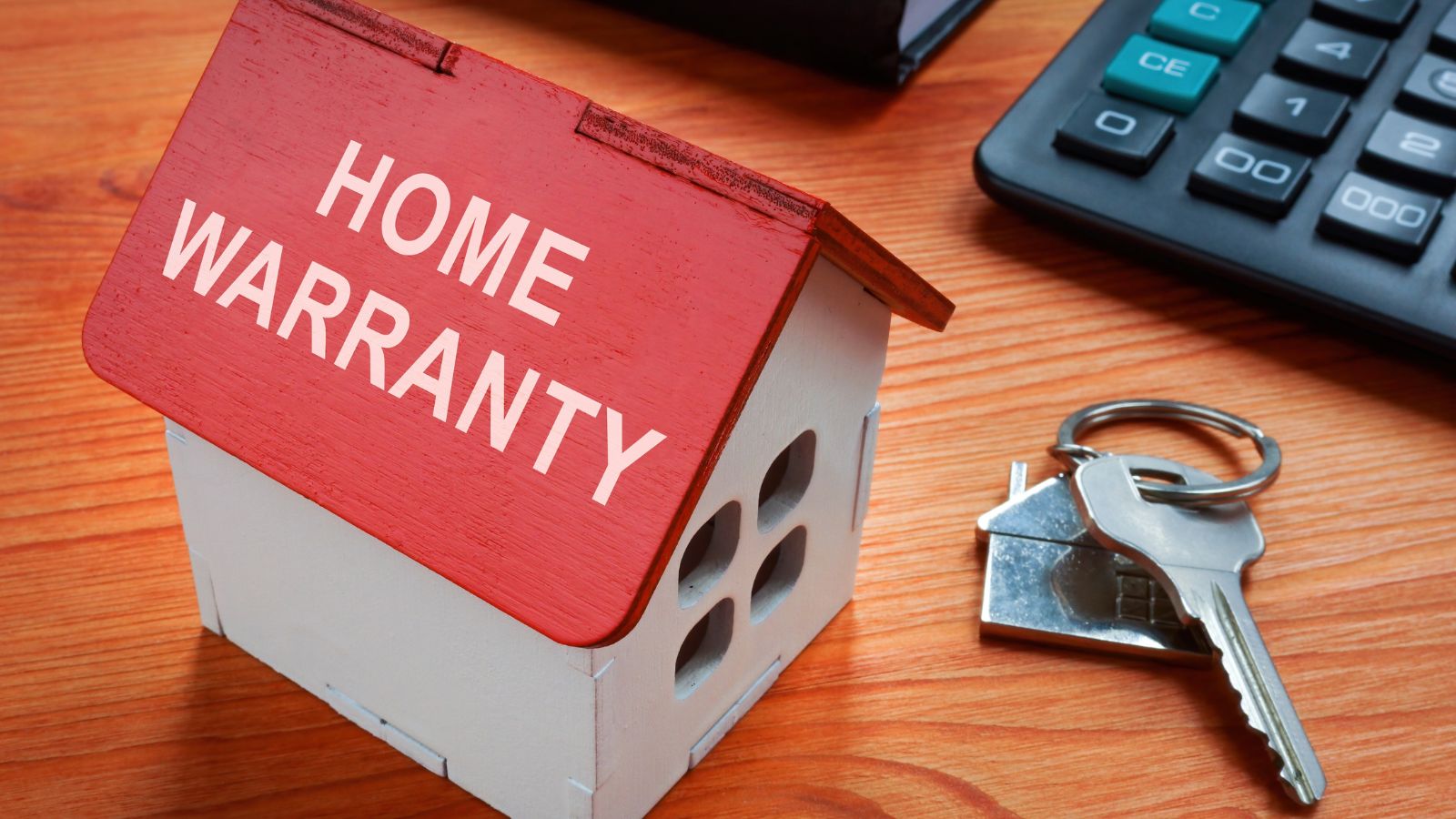
Home warranties ensure you’re covered in emergencies; however, more often than not, they are more costly than the repairs they cover. Thus, it’s wise to research whether you’d benefit from a warranty or if saving for repairs would be a better option before making a purchase.
Inefficient Water Heater
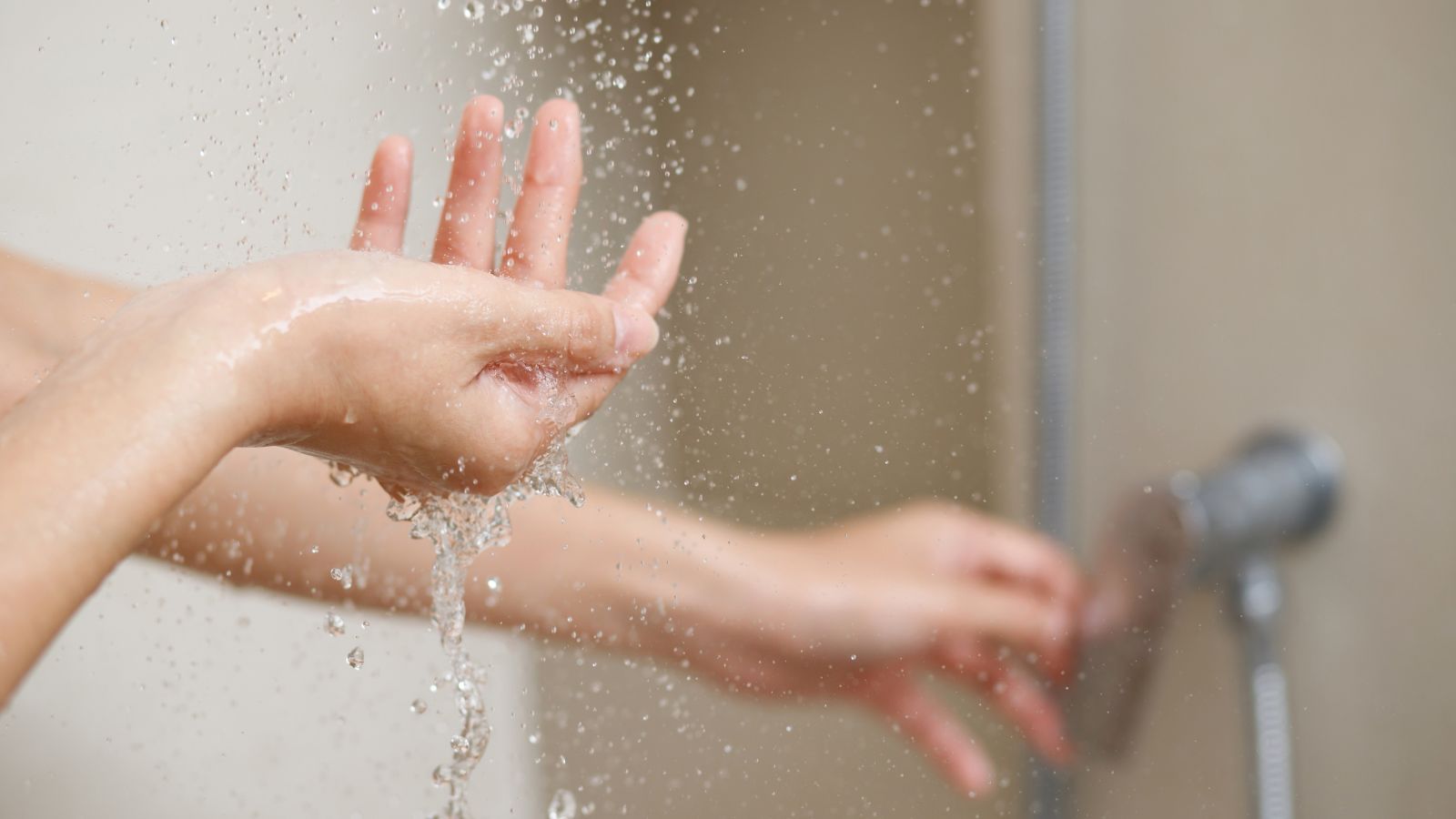
Water heaters are often set too high, and the heat they produce is only wasted along with the energy required for heating. Additionally, older models are less efficient than modern ones. Therefore, lowering the thermostat on your water heater or upgrading to a newer model can help you save a considerable amount of money.
Excessive Property Taxes
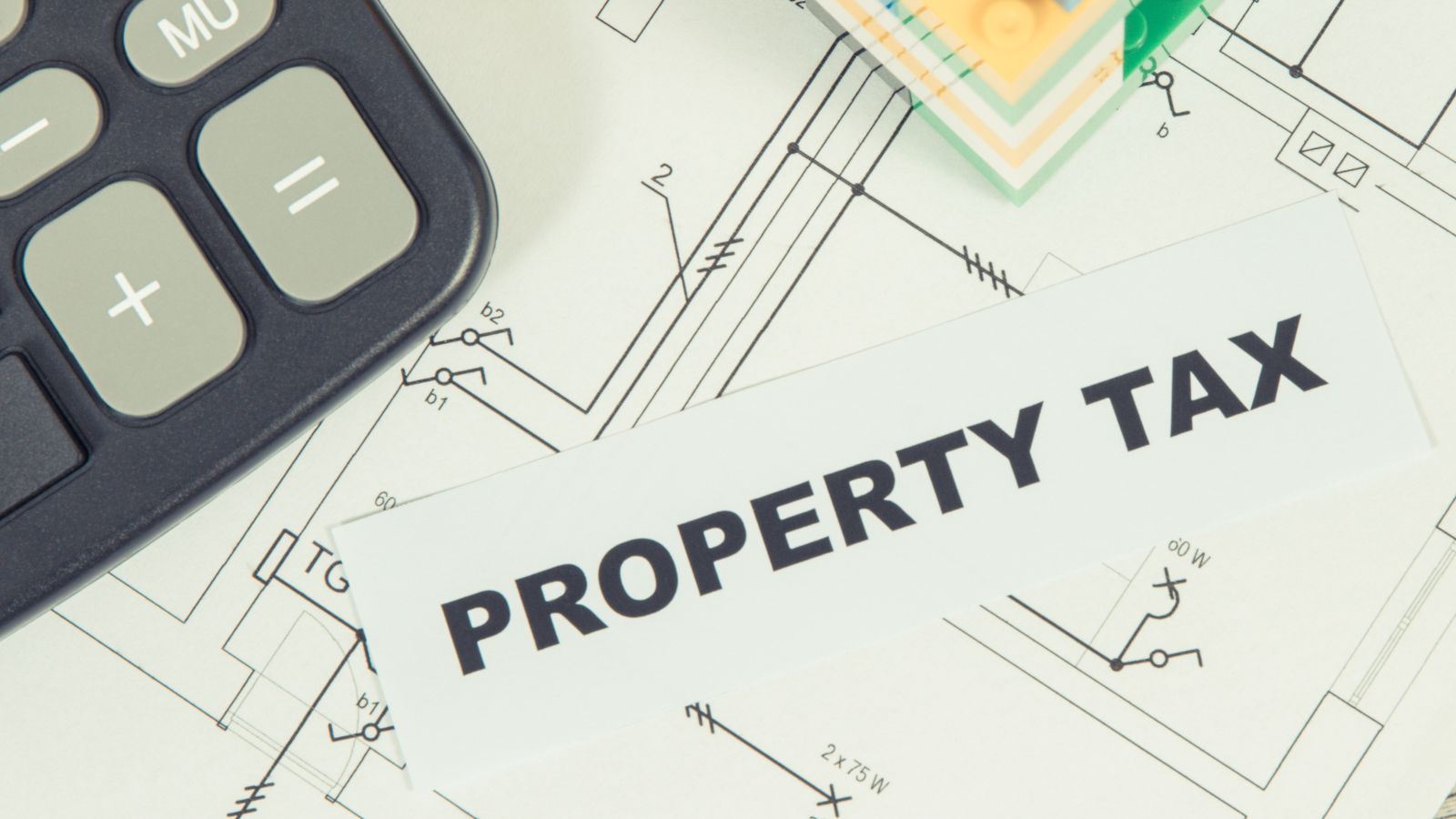
If your home is overvalued, you could be paying higher property taxes. Research the property value around your area, and if this is the case, have your home reassessed. Additionally, you could appeal to have some of your tax burden reduced.
Not Utilizing Renewable Energy
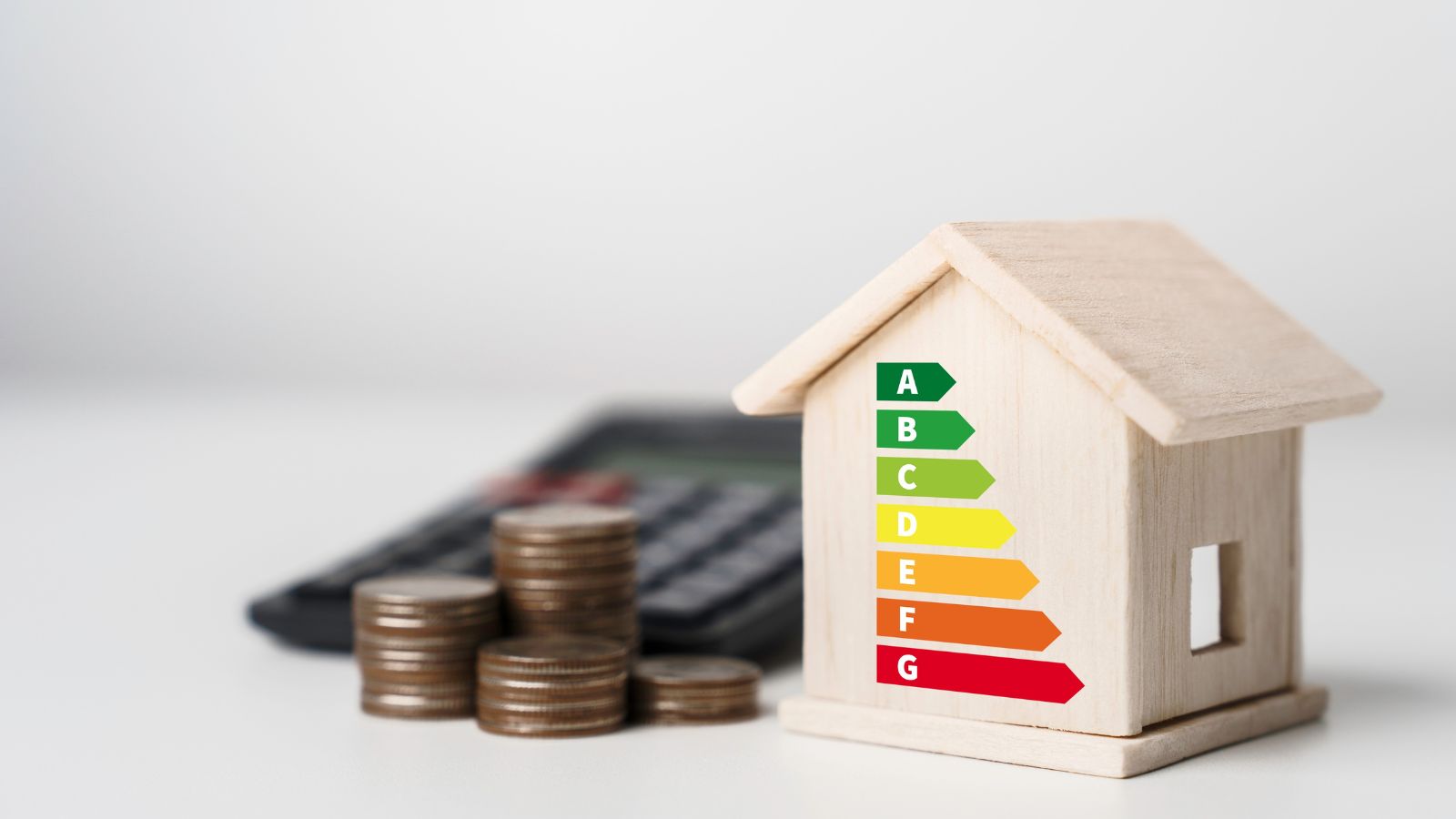
Non-renewable energy sources like the one we’re traditionally using harm the environment and are heavy on the pocket each month. The government offers incentives for renewable energy, and the investment is only higher in the initial stage. Thus, solar panels, geothermal heating, and other renewable energy solutions are worth considering.
Cluttered Storage
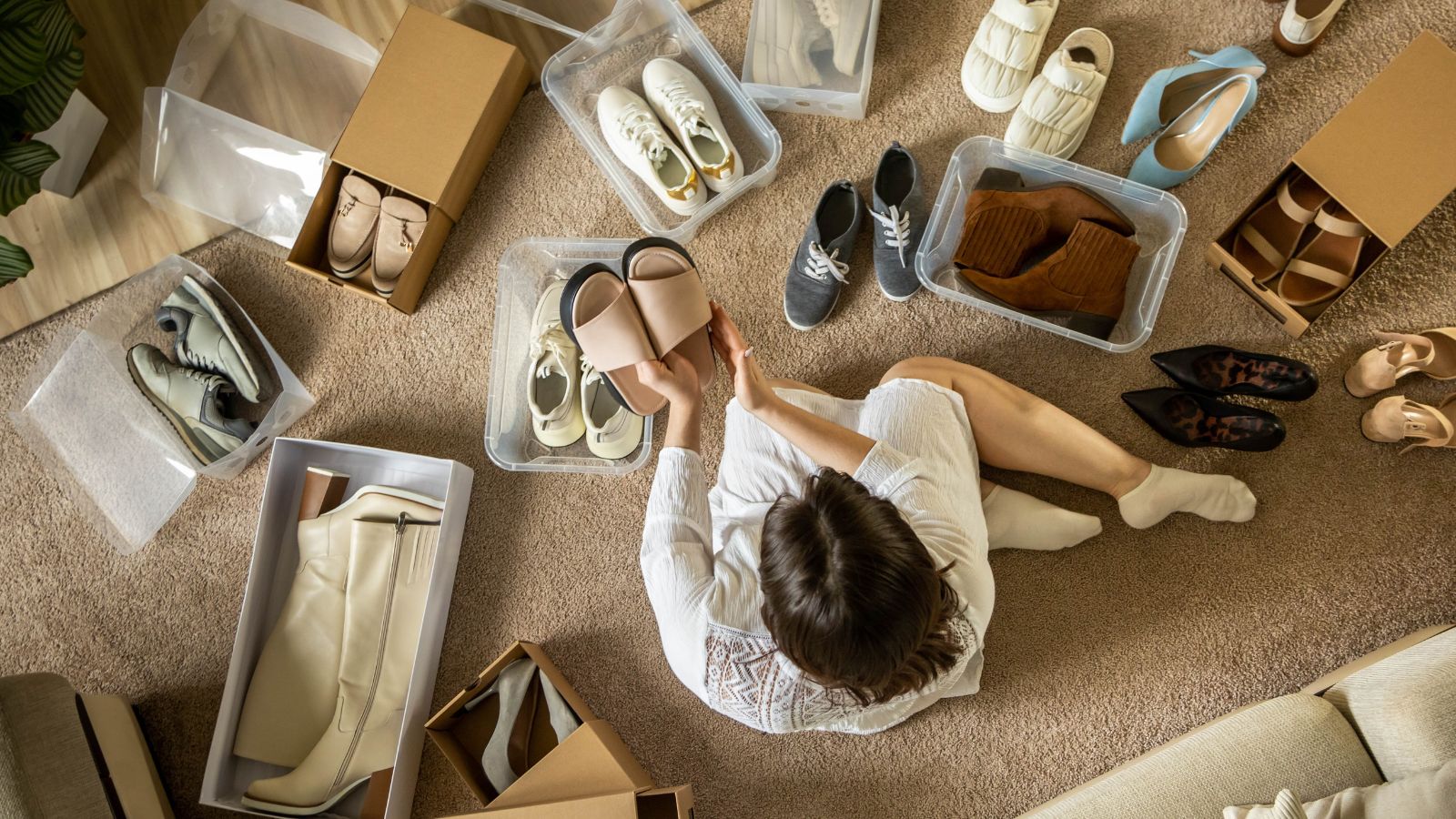
If you’re holding on to things that no longer serve their purpose or you no longer need, you’re reducing the space for necessary things. Consequently, you’d be renting storage units or building extra storage space, spending unnecessarily. Therefore, declutter your home and sell unused items.
Conclusion
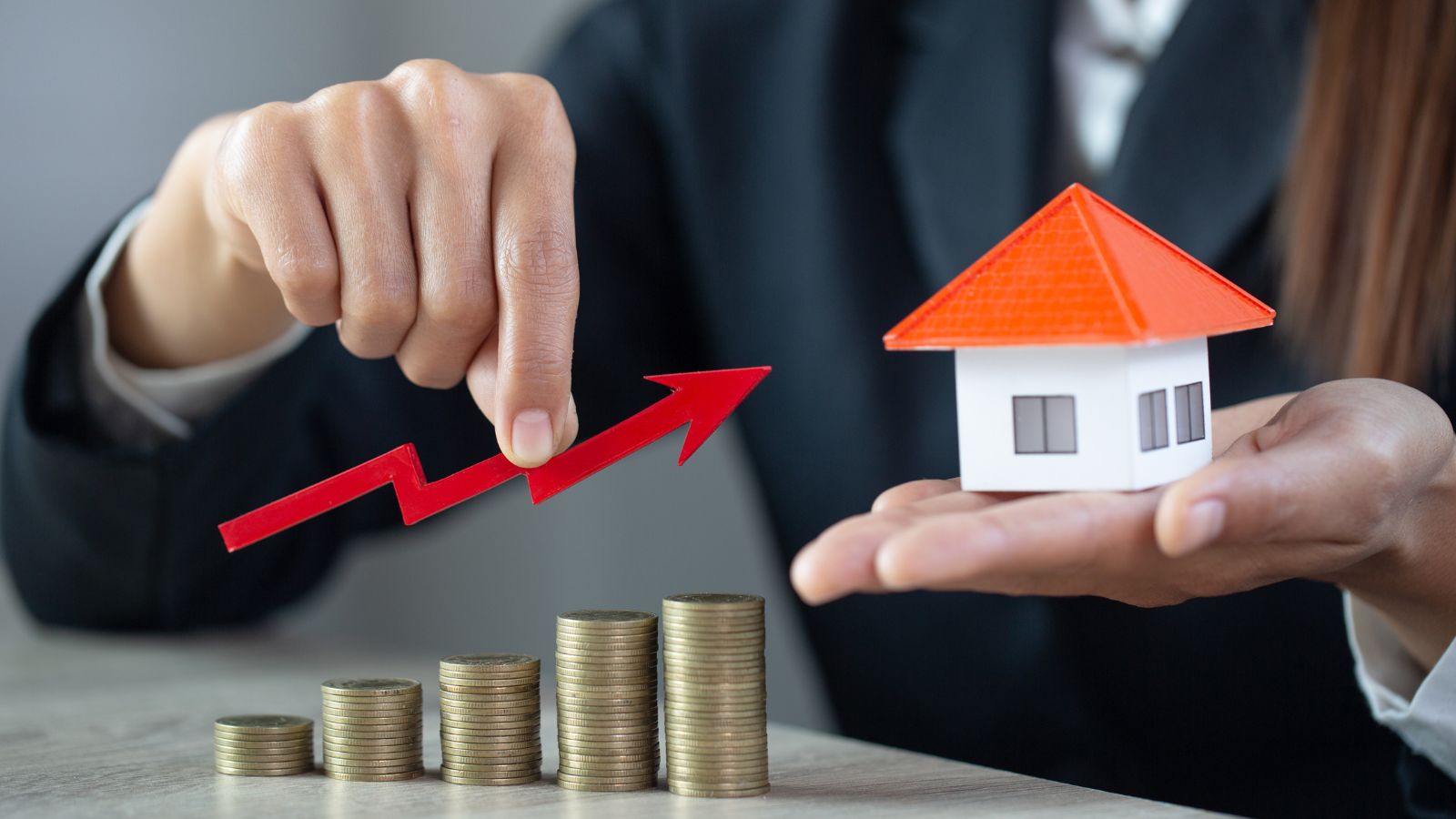
Most of us enjoy Investing in our homes, but spending money on unnecessary expenses can be a nightmare. Often, we don’t realize how seemingly insignificant items drain our finances. By carefully reviewing this blog, you can discover these 20 shocking ways to save time and money, enabling you to make more informed decisions about your home and improve your financial situation.
18 Reasons Why People Are Leaving Florida in Masses

Exploring factors that impact the desirability of living in Florida, this list delves into various challenges shaping residents’ experiences. From environmental concerns like rising sea levels to economic factors such as fluctuating job markets, these issues collectively contribute to a nuanced understanding of the state’s appeal.
18 Reasons Why People Are Leaving Florida in Masses
